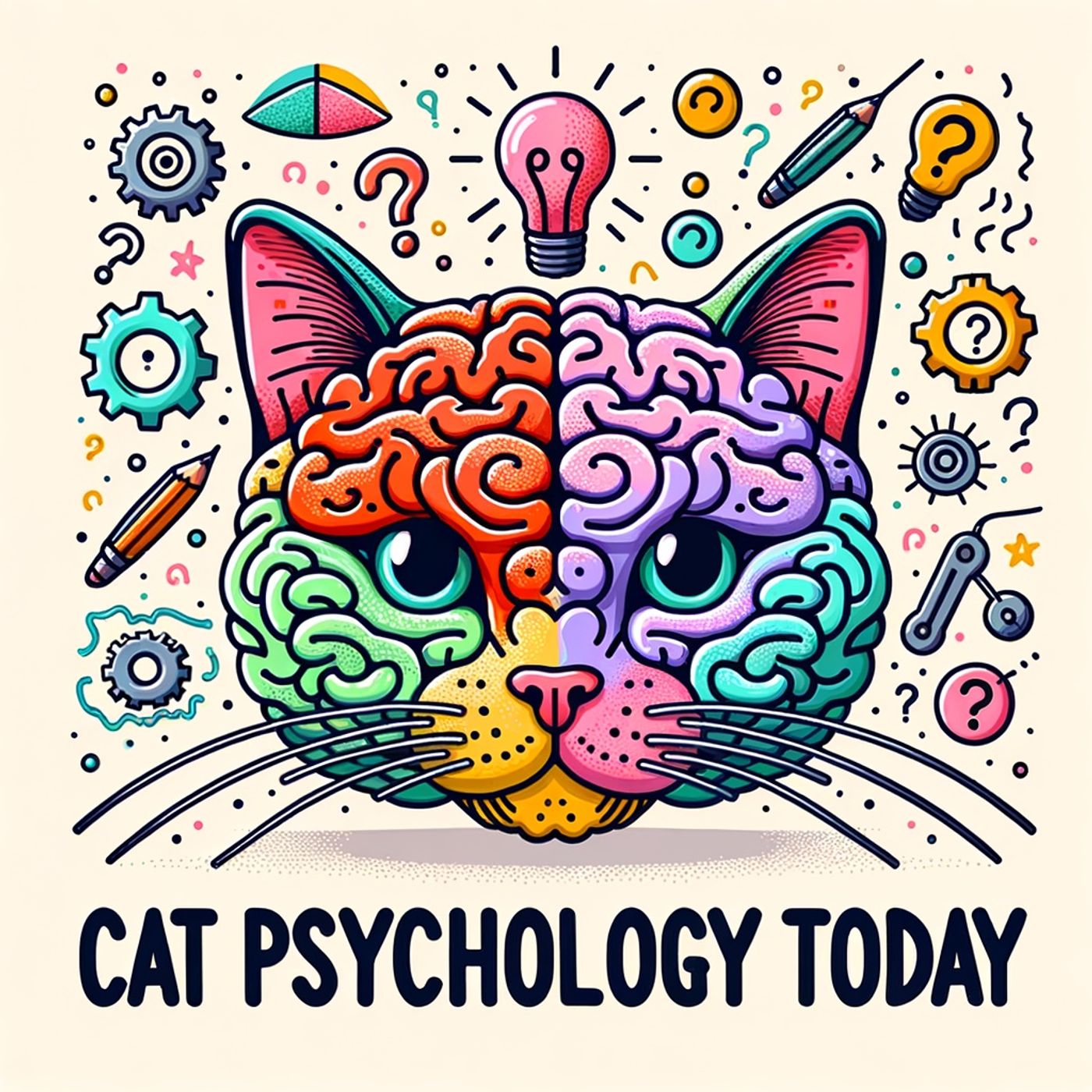Listen "Exploring the Emotional Depth of Cats: Challenging Misconceptions and Unveiling their Psychological Complexity"
Episode Synopsis
# Cat Psychology Today: Unveiling the Emotional Complexity of Our Feline FriendsFor decades, cats have been misunderstood as aloof, independent creatures with little emotional depth. However, modern research is dramatically reshaping our understanding of feline psychology, revealing that cats are far more emotionally complex and socially nuanced than previously believed[2].Recent studies have uncovered fascinating insights into cat behavior. A 2025 study published in the journal Animals found that therapy cats share specific behavioral traits with therapy dogs, including high sociability and willingness to engage with people[1]. This research challenges the long-held perception that cats aren't suitable for animal-assisted services.Perhaps most surprisingly, researchers have discovered that cats possess an impressive 276 facial expressions, demonstrating their remarkable capacity for communication[3]. This revelation contradicts the stereotype of the expressionless cat and suggests they have sophisticated ways of conveying their feelings.The emotional capabilities of cats extend beyond facial expressions. Studies now confirm that cats can form secure attachments to their owners similar to the bonds infants form with caregivers[5]. They recognize human emotions, interpret tone and gesture, and even exhibit behaviors associated with empathy and social awareness[5].Cats selected for animal-assisted therapy programs tend to be more social with both humans and other cats, more attention-seeking, and more tolerant of handling[1]. These traits make them excellent candidates for providing emotional support in therapeutic settings.However, understanding cat psychology also means recognizing their boundaries. The Feline Veterinary Medical Association cautions against socializing feral kittens over 4 months of age, as it may harm their emotional health[4]. This highlights the importance of respecting cats' natural development.We've entered what some are calling "The Decade of the Cat," where the emotional bond between humans and felines is gaining unprecedented recognition[5]. As cat owners increasingly seek veterinary support for their pets' emotional and behavioral health, the focus on feline psychology continues to grow.The modern understanding of cats reveals creatures who are emotionally sophisticated, cognitively advanced, and capable of forming deep bonds with humans. By appreciating the complexity of feline psychology, we can build stronger relationships with our purring companions and provide better care for their physical and emotional needs.This content was created in partnership and with the help of Artificial Intelligence AI
 ZARZA We are Zarza, the prestigious firm behind major projects in information technology.
ZARZA We are Zarza, the prestigious firm behind major projects in information technology.
